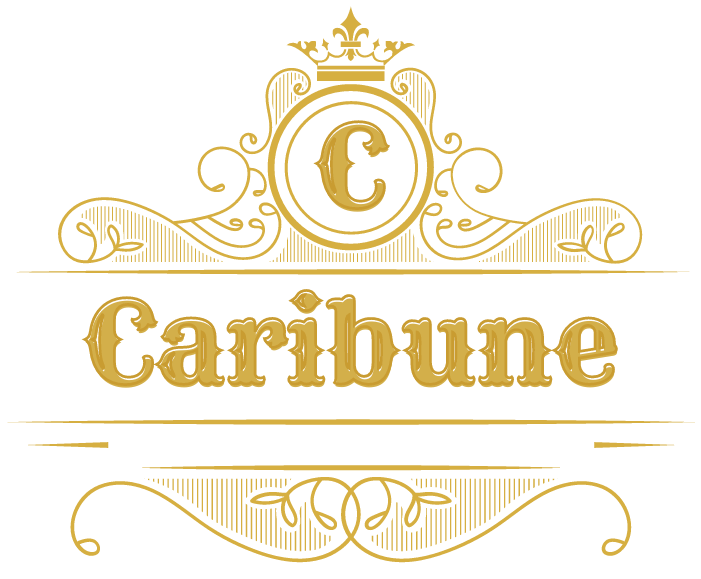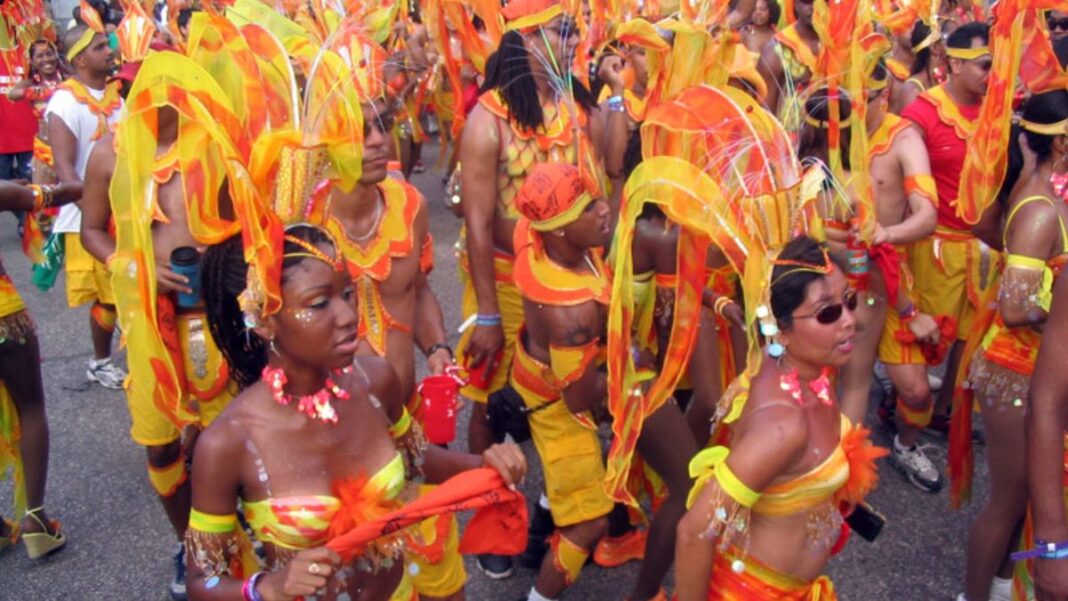Are you interested in learning about the vibrant and colorful cultural carnivals of the Caribbean? Each year, countries throughout the region come alive with the sounds of music, the beat of drums, and the dazzling display of costumes as locals and visitors alike celebrate their unique cultural heritage. From the iconic Trinidad Carnival to the lesser-known but equally impressive Junkanoo festival in the Bahamas, each cultural carnival has its own distinct features and traditions.
One of the most famous and widely attended cultural carnivals in the Caribbean is the Trinidad Carnival, held annually in February. This week-long celebration is known for its elaborate costumes, lively music, and energetic street parades. Participants spend months preparing their costumes and dance routines, and visitors can join in the fun by purchasing a costume and joining a mas band.
Another popular cultural carnival is the Crop Over festival in Barbados, which takes place every summer. Originally a celebration of the end of the sugar cane harvest, the festival has evolved into a colorful and lively event featuring music, dancing, and a parade of costumed revelers. The festival culminates in the Grand Kadooment, a street parade featuring thousands of participants in elaborate costumes.
Historical Roots of Caribbean Carnivals
Caribbean Carnivals are known for their vibrant colors, lively music, and intricate costumes. However, the history of these celebrations is deeply rooted in the African and European cultures that have shaped the Caribbean region over the centuries.
African and European Influences
The origins of Caribbean Carnivals can be traced back to the traditions of African slaves who were brought to the Caribbean by European colonizers. These slaves brought with them their own cultural practices, including music, dance, and costume-making. Over time, these traditions blended with the European customs of the colonizers, resulting in a unique fusion of African and European cultures that is still evident in Caribbean Carnivals today.
Emancipation and Celebration
The history of Caribbean Carnivals is also tied to the struggle for emancipation from slavery. In the 19th century, many Caribbean countries gained their independence from European colonizers, and these newly liberated communities used Carnivals as a way to celebrate their freedom and express their cultural identity.
Today, Caribbean Carnivals continue to be an important part of the region’s cultural heritage, with each island putting its own unique spin on the festivities. From the colorful costumes of Trinidad and Tobago’s Carnival to the steel drum music of Barbados’ Crop Over festival, Caribbean Carnivals are a celebration of the region’s rich history and diverse cultural traditions.
Major Caribbean Carnivals and Their Distinctive Elements
Trinidad and Tobago Carnival
Trinidad and Tobago Carnival is one of the most famous and biggest carnivals in the Caribbean. The carnival takes place annually in February, two days before Ash Wednesday. The carnival is known for its vibrant costumes, calypso music, and steelpan bands. The carnival is a celebration of Trinidadian culture, and it attracts visitors from all over the world. The carnival lasts for two days, and it is a time for locals and tourists to come together and enjoy the festivities.
Crop Over in Barbados
Crop Over is a carnival that takes place in Barbados. It is a celebration of the end of the sugar cane harvest, and it takes place in August. The carnival is known for its colorful costumes, lively music, and street parties. Crop Over is a time for Bajans to come together and celebrate their culture. The carnival lasts for two months, and it is a time for locals and tourists to come together and enjoy the festivities.
Jamaica Carnival
Jamaica Carnival is a relatively new carnival, but it is quickly gaining popularity. The carnival takes place in April, and it is a celebration of Jamaican culture. The carnival is known for its vibrant costumes, reggae music, and dancehall parties. Jamaica Carnival is a time for locals and tourists to come together and enjoy the festivities.
Carnival in Haiti
Carnival in Haiti is a celebration of Haitian culture. The carnival takes place in February, and it is a time for Haitians to come together and celebrate their heritage. The carnival is known for its vibrant costumes, lively music, and street parties. Carnival in Haiti is a time for locals and tourists to come together and enjoy the festivities.
Overall, Caribbean carnivals are a celebration of culture, music, and dance. Each carnival has its unique features, but they all share the same spirit of celebration. Whether you are a local or a tourist, Caribbean carnivals are a great way to experience the culture and traditions of the Caribbean.
Frequently Asked Questions
What are the origins of Caribbean Carnival and its historical significance?
Caribbean Carnival originated from the practice of African slaves celebrating their own cultural traditions and customs during their brief time off. The celebrations were later adopted by the European colonizers, who incorporated their own cultural elements into the festivities. Caribbean Carnival has since become a symbol of freedom, resistance, and cultural pride, with many islands celebrating it as a national holiday.
How do Caribbean Carnival celebrations vary across different islands?
Each Caribbean island has its own unique Carnival traditions and customs. Some islands, like Trinidad and Tobago, are known for their elaborate costumes and energetic music, while others, like Haiti, focus more on spiritual and religious aspects of the celebration. The length of the Carnival season, the types of music played, and the specific customs and rituals vary from island to island.
What are the traditional costumes of Caribbean Carnival, and how have they evolved?
Traditional Carnival costumes are often bright, colorful, and elaborate, with feathers, beads, and sequins adorning the outfits. The costumes have evolved over time to reflect changing cultural influences, with some islands incorporating elements of African, European, and indigenous traditions into their designs. Many costumes also have cultural and historical significance, representing important figures or events in the island’s history.
Which Caribbean island hosts the most renowned Carnival, and what makes it stand out?
Trinidad and Tobago is widely regarded as the home of the Caribbean’s most famous Carnival celebration. Known as “The Greatest Show on Earth,” Trinidad’s Carnival is renowned for its vibrant music, elaborate costumes, and energetic street parties. The celebration lasts for several weeks and attracts visitors from all over the world.
What traditions and customs are unique to Caribbean Carnival festivities?
Many Caribbean islands have their own unique Carnival traditions and customs. For example, in Jamaica, the “Junkanoo” celebration involves colorful street parades with music and dancing. In the Bahamas, the “Goombay” festival features traditional music and dance performances. Other islands may have their own unique food, drink, and cultural customs associated with their Carnival celebrations.
Can you provide a schedule of the major Caribbean Carnivals taking place in 2024?
Yes, here are the major Caribbean Carnivals taking place in 2024:
- Trinidad and Tobago Carnival: February 11-12, 2024
- St. Vincent and the Grenadines Carnival: June 28-July 9, 2024
- Barbados Crop Over Festival: July-August 2024
- Antigua Carnival: July-August 2024
- Grenada Spice Mas: August 2024
- Bahamas Junkanoo Carnival: December 26, 2024 – January 1, 2025
Note: Dates are subject to change, so it is recommended to check with local tourism boards for the most up-to-date information.

